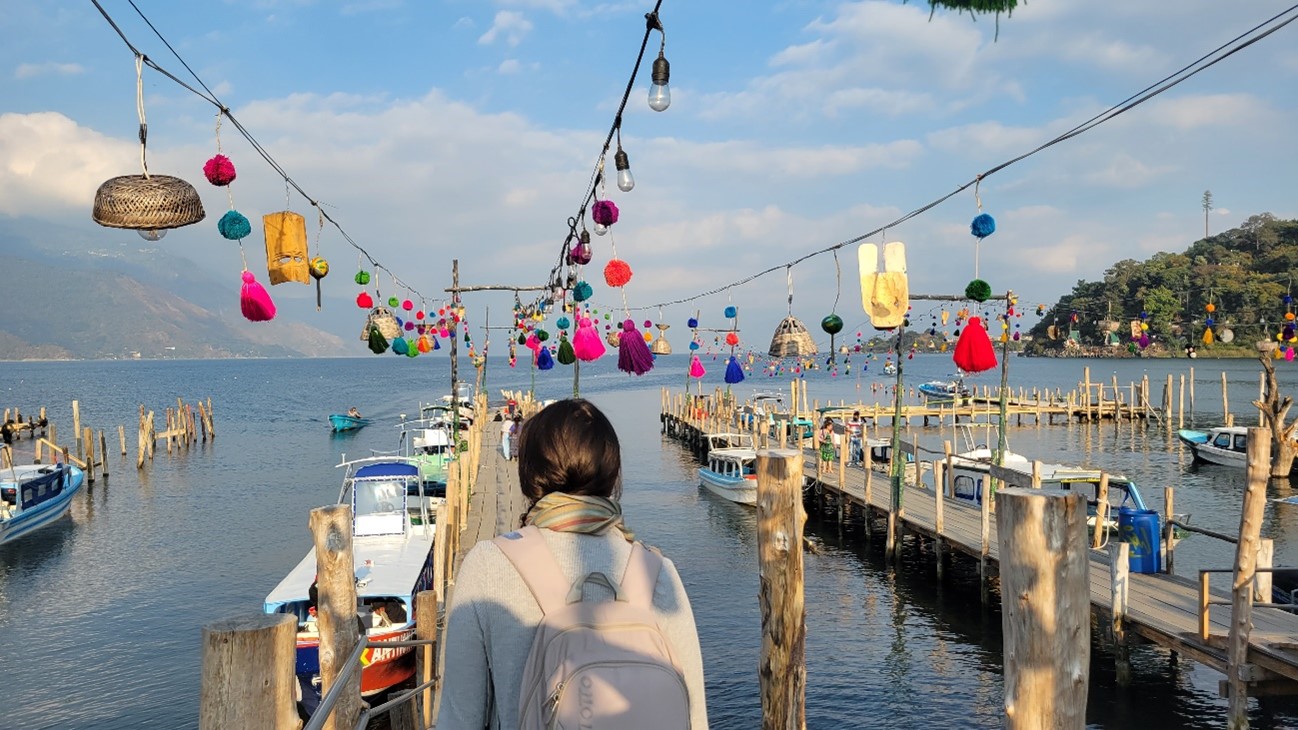
Studying the Relationship Between Tourism and Mosquito-Borne Diseases
Interviewing Elizabeth Pellecer Rivera, PhD candidate at the University of Maine
[Español]
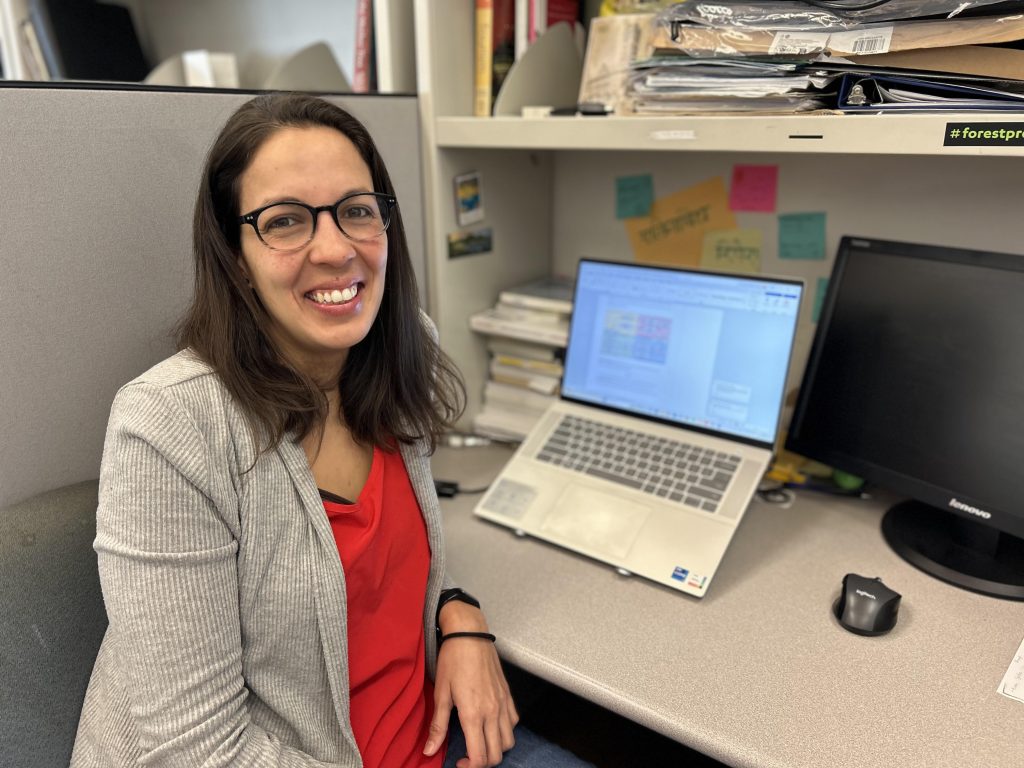
1. Can you tell us a bit about your personal background and how you started your PhD at the University of Maine?
Prior to starting my PhD, I studied sustainable tourism and development studies. Most of my professional experience focused on applied social science research with the Center for Health Studies, at the Universidad del Valle de Guatemala. I worked on researching vector-borne diseases from ecological, biological, and social approaches. This experience made me realize how complex and multifactorial problems are, and how interdisciplinary research can help inform and seek potential solutions. I had the privilege of working on a project related to the Zika virus during its initial emergence in the Americas.
When I learned about the opportunity to work on an interdisciplinary research project about the relationship between tourism and mosquito-borne diseases at the University of Maine, I was thrilled because it touched on many aspects of my personal and academic background. Hopefully this research project will have a positive impact in the public health and tourism sectors.
2. What is your project about and why is it important?
The project aims to provide insight into the dynamics between tourism and emerging diseases, as the world is more interconnected than ever, and tourism and travel represent a large part of human mobility. This project aims to better understand how travel can serve as a driver to spread diseases, how humans perceive the risk of emerging diseases, and what kind of actions and responses they take when facing this kind of risk. Originally the project focused on two mosquito-borne diseases, Zika and chikungunya, but given the extent of impact that the COVID-19 pandemic had, we have included it in the research.
The trends show that international tourism was steadily growing before 2020, and it is expected that outbreaks of emerging diseases will continue occurring. Understanding past experiences can only allow us to better prepare for future events.
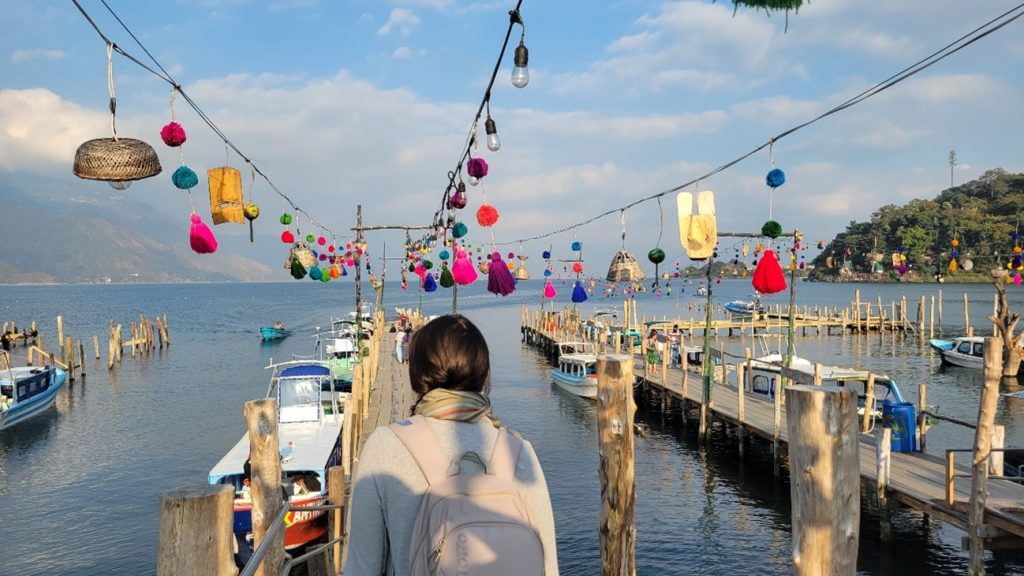
3. What questions did you set out to answer?
My central research questions are:
- What preventative and travel behaviors are being suggested in newsprint media targeting visitors?
- What business strategies, if any, have stakeholders used to respond to the threat that Zika and/or chikungunya, and COVID-19 pose to their business, and their clients?
- How do travelers perceive the potential risk of exposure to Zika, chikungunya or COVID-19 when traveling? What factors influence their risk perception?
With all the data we have gathered, most of our questions are being answered, and new questions have emerged. The challenge is to bring it all together and transform it into useful information for both academics and practitioners.
4. Could you share insights into your research methodology?
The social science part of the research focuses on doing a case study in Guatemala to understand the topic, from diverse perspectives: (1) what is being communicated in the news; (2) what are the travelers’ risk perceptions towards the diseases and what kind of travel-related and preventive actions they tend to adopt; and (3) how the tourism industry has been impacted and what coping and response strategies have they implemented. I am using mixed methods (quantitative and qualitative), including content analysis, surveys, and phenomenological interviews.
5. What have you discovered so far?
Although my analysis is ongoing, my research has already revealed some interesting findings.We found that news media don’t necessarily balance the messages being communicated. More news included risk-elevating messages, focusing on the “scary” side of the diseases, but did not include as many messages that inform people what to do and how to prevent the diseases. From the tourism stakeholders’ perspective, we have identified some of the main strategies used to cope with mosquito-borne diseases and COVID-19, as well as some of the enabling and limiting factors to overcome the impact of these health-related risks.
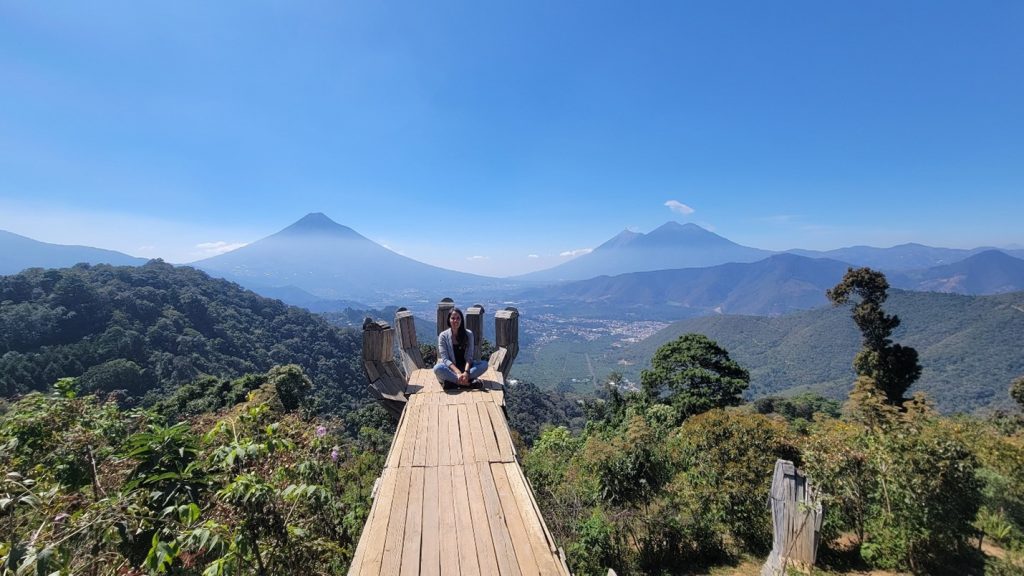
6. What were some key challenges and highlights that you have encountered while conducting research?
One of the major challenges has been doing a PhD during the COVID-19 pandemic. The impact of this situation was twofold — it not only induced stress and isolation but also disrupted our initial research plans. We had intended to conduct international research, but the imposition of travel restrictions made it unfeasible. Much of my research had to be conducted virtually.
My favorite part of doing research is interacting with people and being able to listen and learn from their experiences. Therefore, I really enjoyed conducting qualitative interviews, and hearing from the tourism sector about their resilience and capacity to adapt when facing threats like mosquito-borne diseases and COVID-19, especially as the latter impacted the sector as never before. I found it surprising that some individuals pointed out positive outcomes resulting from the pandemic, such as the catalyzation of local organization among stakeholders at destinations and an enhanced appreciation for nature and green spaces among visitors. In conclusion, I was amazed by the diversity of responses and the high degree of optimism and hope.
7. How do you envision the practical applications or real-world impact of your research?
I think the COVID-19 pandemic opened everyone’s eyes to the extent of impact and spread of an emerging disease, both as a public health issue and because it halted human mobility. An integral practical application of my project is to promote intersectoral and interinstitutional relationships, public-private partnerships, academia-practitioner collaborations, and tourism-public health interactions. Overall, my investigation can improve understanding of the intricate relationship between tourism and disease.
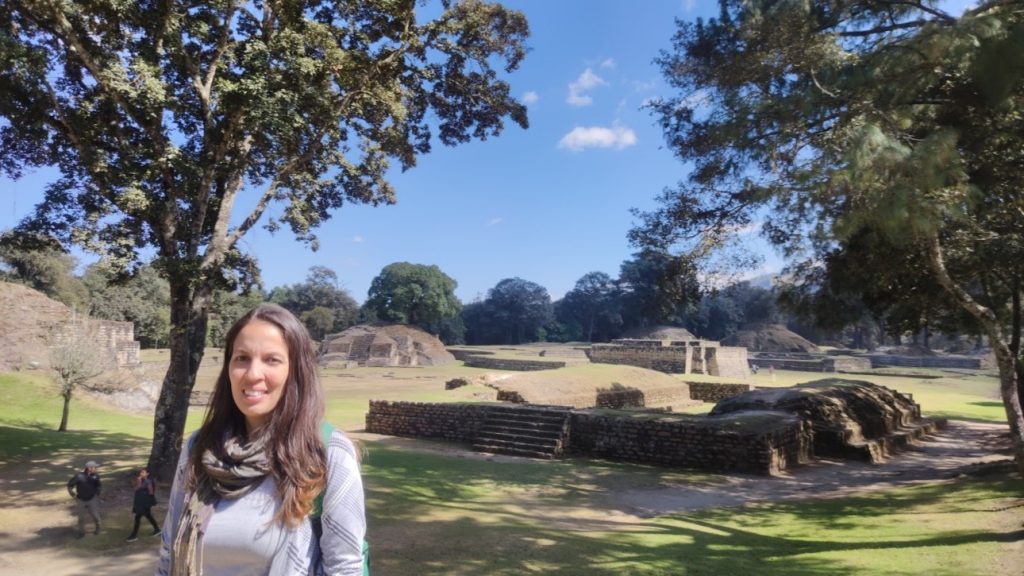
To learn more about my work, read my recent publication:
Elizabeth Pellecer Rivera, Sandra De Urioste-Stone, Laura N. Rickard, Andrea Caprara & Lorena N. Estrada (2024) Tourists and epidemics: how news media cover the risks of Zika virus and chikungunya outbreaks in the Americas, Current Issues in Tourism, DOI: 10.1080/13683500.2024.2309164
